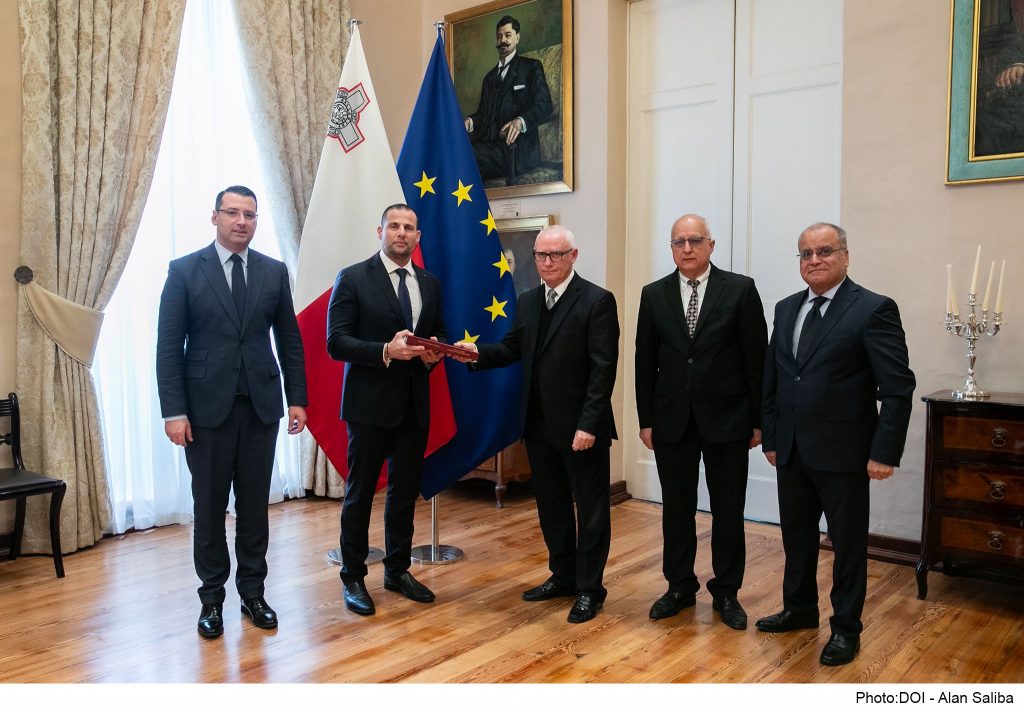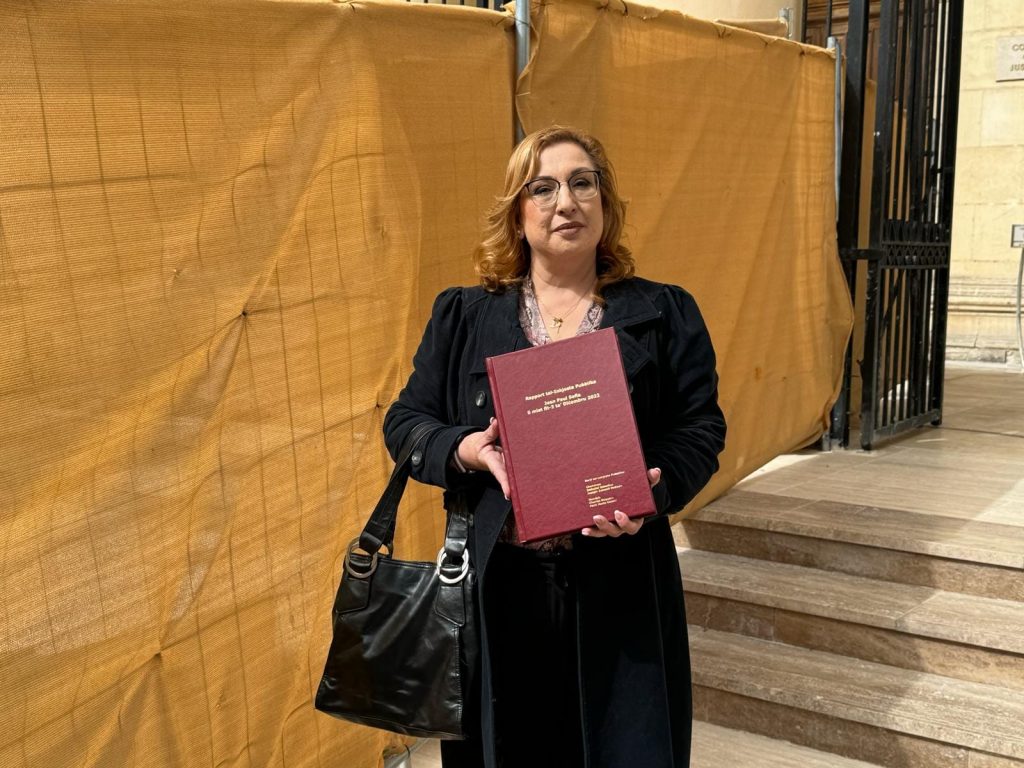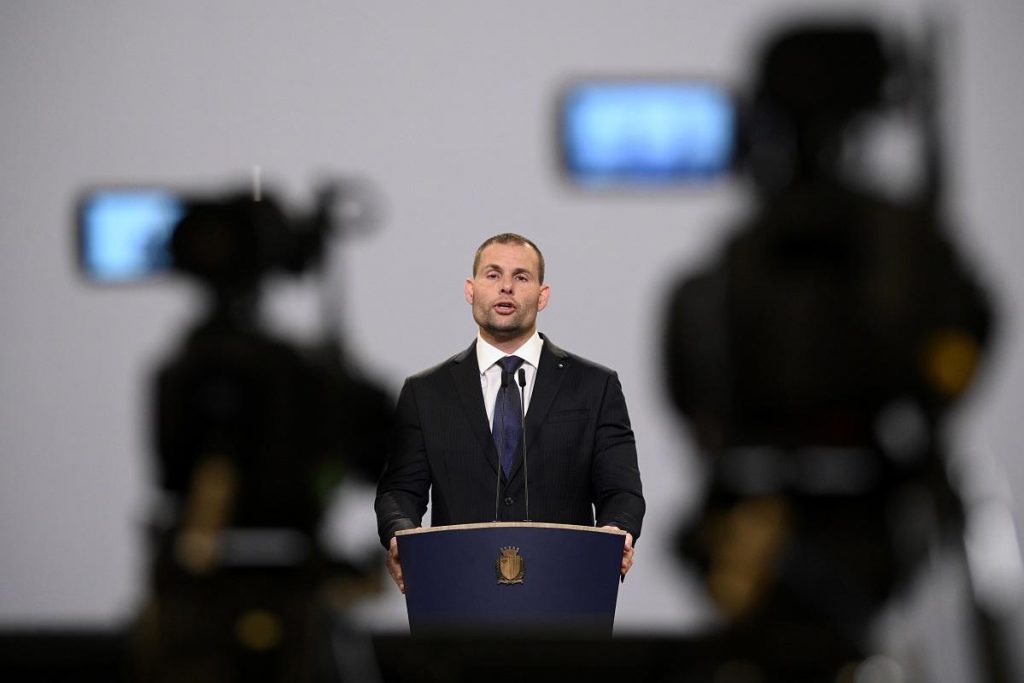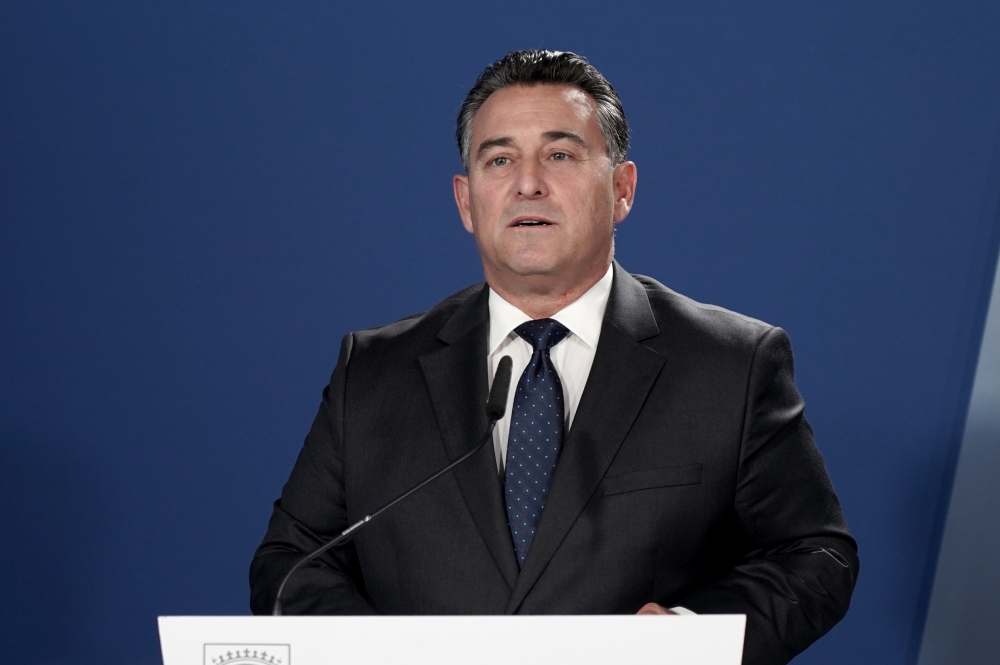In a thorough examination, the Sofia inquiry has shed light on the lapses in due diligence and oversight by several government entities, without implicating these entities in corruption or bribery. The detailed examination of the failures identified by the public inquiry reveals a multifaceted breakdown in regulatory compliance, oversight, and enforcement mechanisms across several entities and stages of the project development and approval process.
Shortcomings of the State
The term “state failures” does not mean the government intentionally wanted an outcome but refers to the failures in the actions or inactions of state entities leading to systematic shortcomings. These shortcomings can manifest in various forms, such as inadequate regulatory frameworks, failure to enforce laws and regulations, lack of due diligence, and insufficient measures that safeguard public interest and welfare.

The investigation found that the state and regulatory bodies fell short in several important areas. Three major problems with the way the government and regulations work show up in Malta’s building industry. The biggest of these was a clear lack of discipline and oversight, which showed a gap between the rules that were in place and how they were being used.
In addition to this problem, the investigation found big holes in the regulatory structure. Malta’s construction industry doesn’t have the rules it needs to make sure it follows all the rules because it doesn’t have its own complete building codes and relies too much on European Building Codes without making enough changes to fit local needs. This problem is made worse by the fact that there aren’t strict rules for licensing and classifying contractors and workers. This means that there are big differences in the quality of construction and safety standards across the sector.
The study also showed that the approval processes were not working properly. Even though it looks like the process followed the rules, the review has found problems with the way it was done, which may have been caused by problems with the process itself. There are worries about how thorough the allocation process is because of this. It showed how inefficiency and a lack of detailed screening have made it easy for unsafe and non-compliant building practices to spread, often without the checks that would have stopped accidents and made sure safety standards were met.
The inquiry did not make corruption allegations
Although the investigation uncovered several occurrences in which accountable entities neglected to sufficiently evaluate the contested project, it refrained from asserting that extortion or corruption led to the project’s approval. This eased pre-inquiry suggestions that the government had not voted in support of this public investigation to conceal corruption.

Recommendations made by the Sofia inquiry
In response to the identified systemic failures and gaps within Malta’s construction sector, the inquiry put forth a suite of comprehensive recommendations aimed at overhauling the regulatory and administrative framework to prioritise safety and accountability. Central to these recommendations is a call for sweeping reforms in the regulatory and administrative sectors, underscoring the need for enhanced oversight and accountability mechanisms within construction practices. To address the variance in the quality of construction and ensure the competence of those in the field, the inquiry advocates for the introduction of a more stringent licensing system for contractors and construction workers.
Further bolstering the framework for safety and competence, the inquiry suggests the implementation of skill and safety card systems. These systems are designed to certify the qualifications and safety training of individuals working in the construction sector, ensuring that workers are adequately prepared to maintain safety standards on construction sites. Recognizing the pivotal role of insurance in safeguarding workers’ rights and safety, the inquiry also recommends making employers’ liability insurance mandatory for all contractors. This move aims to close the significant gap presented by the current voluntary nature of such insurance, providing an essential layer of protection for workers.
Lastly, to ensure that construction practices are carried out safely and in compliance with regulations, the inquiry calls for the compulsory submission of method statements for all constructions. This includes free-standing structures, which would be vetted by the Building and Construction Authority (BCA). This recommendation underscores the necessity of thorough planning and execution in all construction endeavours, ensuring that every project is undertaken with the utmost regard for safety and regulatory compliance. Together, these recommendations lay the groundwork for a more robust, safe, and accountable construction sector in Malta.
The PM’s commitment following the Sofia inquiry
Prime Minister Abela’s took an assertive stance in parliament on implementing the inquiry’s recommendations. This indicates a shift towards acknowledging and rectifying these systemic failures. By insisting on serious compliance within the construction sector, initiating reforms and a call for resignation from those responsible, Abela aims to restore public trust in government oversight and regulatory enforcement. The government seems willing to set and complete objectives which all governments in the last 50 years ignored. As we analysed in a past article, this move was anticipated by the government in its reshuffle by placing the Minister for Justice responsible for overseeing the construction industry, suggesting that there is a push towards regulatory reform in the area.
The government promised to establish a helpline center and free legal and architectural services which may be an attempt to empower citizens, ensuring they feel protected and capable of asserting their rights against malpractices in the construction industry.

Opposition comments
The opposition in parliament focused on the government’s shortcomings in the industry and called for resignations at the highest levels of government, including that of Prime Minister Abela. Grech’s narrative during his speech focused on how he was the one who wanted to launch the public inquiry and the government’s lack of action on the industry in the 2-year period between the election and the death taking place.


Leave a Reply